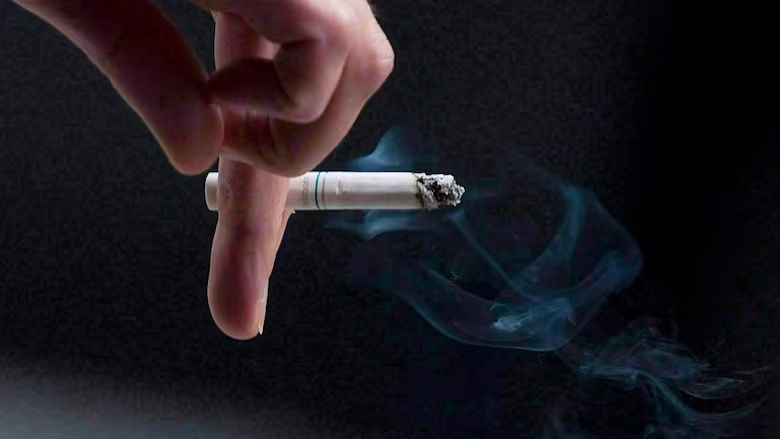Apps to help smokers quit should target LGBTQ youth, study finds
Interventions need to be tailored to address 'specific challenges' faced by LGBTQ community

Young adults who identify as lesbian, gay, bisexual, transgender and queer don't benefit from traditional mobile apps designed to help people quit smoking, a new study from the University of Waterloo has found.
"LGBTQ youth and young adults have specific needs and challenges that the straight population do not experience," Bruce Baskerville, senior scientist at Propel Centre for Population Health Impact, said about the study's findings. "Interventions need to be tailored to address these specific challenges."
- This guy quit smoking after more than 50 years, and he says you can too
- Film follows Regina man who offers $1,000 to get smokers to quit
- E-cigarettes 'much safer than smoking,' some experts say
In 24 focus groups held in Toronto and Ottawa in 2015, the researchers found LGBTQ youth and young adults said they experienced greater levels of discrimination, harassment and depression compared to their straight peers.
Smoking is often a coping mechanism and the study said smoking rates are higher in LGBTQ groups. More than 20 per cent of LGBTQ high school students report smoking daily – twice the number of heterosexual students.
Connecting with others 'a great option'
For the study, which was published in the journal JMIR Public Health and Surveillance, 204 individuals were recruited to be part of the focus groups. Of those, 84 per cent were daily or occasional smokers.
One participant said they would like to be able to connect "within a marginalized community."
"I think (if) you could specifically reach out to certain groups, you know, trans people supporting trans, people of colour supporting people of colour … I think that would be a great option," one person told researchers.
The participants "recognized the importance of social support in quitting smoking and commented on how the app could connect with others within their community," the study said.
The researchers acknowledged the study had "several limitations" and more work needs to be done to see how the LGBTQ population can be served by a dedicated smoking cessation app.
"Research shows that for the general population, mobile phone-based interventions are 1.6 times more effective than quitting on one's own," Baskerville said.
"We are hearing from the LGBTQ community that a tailored app could better help to reduce smoking rates."